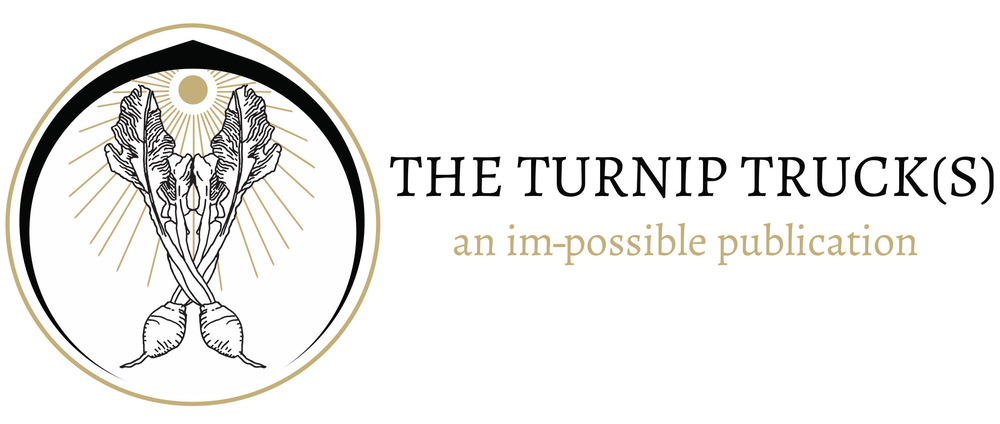Demon performing abortion on a woman. Angkor Wat, Cambodia, c. 1150.
Pregnant woman receiving botanical abortifacient. Pseudo-Apuleius, Herbarium, 13th-century.
Like all things humans argue about, abortion is a product of language, history, and economics. By definition, abortion is the termination of a pregnancy by removal of the embryo or fetus before it can live as a body outside the female uterus. The modern controversies over abortion—invariably imbedded in religious rhetoric—are grounded on the definition of when “life” begins. Thus, the arguments about the definition of when the embryo/fetus becomes “a human being”. What is often overlooked is that the real question has always been an economic one. What is the worth of that embryo/fetus/life/human being-body?
The earliest texts which mention abortion are Vedic and Assyrian laws which proscribe penalties for the termination of pregnancies. The rationale is consistently twofold: the preservation of the highest castes and the ownership of the semen-embryo-fetus-body by males (husbands or fathers). This economic rationale for abortion would continue through the classical era. In ancient Greece abortion was a crime when the abortion was done against the wishes of the father, who technically owned the mother and the unborn child. The crime was economic, since the unborn child’s claim of inheritance was precisely terminated. Of course, the possibility that the child was a male posed other economic questions. Aristotle’s views on abortion, which would be inherited by Christianity, was also economic. The key of course was when exactly didthe seed-embryo-fetus-body become a living being? According to Aristotle, abortion was the killing of a living being only after developing a human soul, which he economically deemed to be 40 days for a male and 90 for a female. Before these points the body was but a vegetative body.
In Rome, abortion was seen as a violation of parental rights, which were always patriarchal and driven by economic value. Abortion in ancient Rome was thus punishable when it was viewed as a violation of the father's right to dispose of his offspring. In ancient Judaism, the worth of the mother was the most important factor given her economic importance, again, from the patriarchal perspective of Judaic society.
Christianity, following Aristotle, deemed abortion as the killing of a human being only after the body-embryo-fetus had developed a human soul. But Christian theology was not as precise as Aristotle. St. Augustine for example, found it impossible to isolate the precise moment when the fetus becomes a creature of God. For Augustine it was also a question of economy, but for him of a different sort: at what point does the body-embryo-fetus earn the qualities that enable it to be saved or be condemned?


